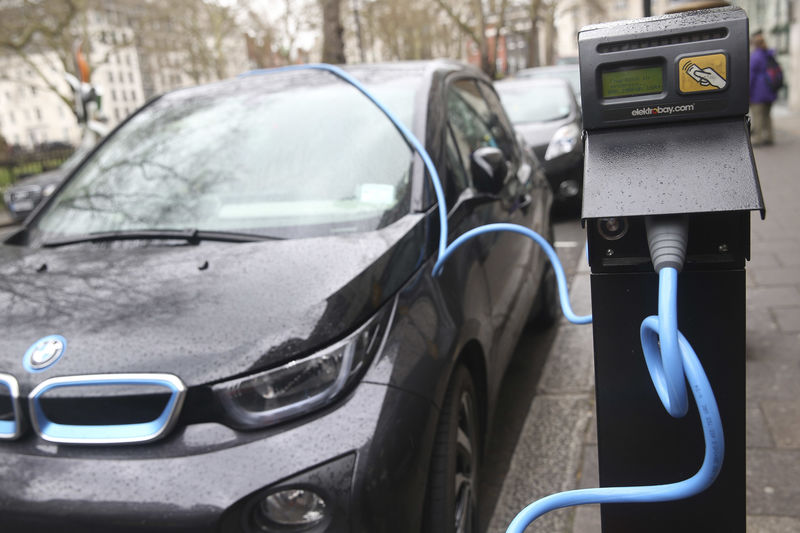* Products may become available this year
* New urban area in central Vienna provides testing ground
By Vera Eckert
ESSEN, Germany, Feb 7 (Reuters) - Austrian utility Wien Energie, fresh from experimenting with blockchain applications in commodity trading, plans to market end-customer products soon in a new central Viennese urban development, it said on Wednesday.
Chief Innovation Officer Astrid Schober told Reuters during the German E-World of Energy fair that products such as green electricity provision, electric car charging or land registry services were within reach.
"We are testing blockchain-based services in Vienna's Viertel Zwei and once we have collected enough experience there, we will develop business models and bring them to market," she said.
"It may be overoptimistic but services may become available this year as we are trying to be active and build the know-how in our company fast," she added.
Viertel Zwei is an office and residential area that has marketed itself over the past decade as a green city district for urban living based on sustainability.
Blockchain is a distributed computerised record of transactions or other data carried out without the need for an intermediary and immune to alterations later.
It appeals to the energy industry, which must handle increasingly complex transactions between big and small producers and consumers, and corporate entities, as more decentralised renewable energy volumes arrive.
Wien Energie can access the 2 million retail and 235,000 commercial customers it supplies already.
Last year, it became one of the first movers among European utilities by testing developer BTL's BTL.V Interbit blockchain platform to achieve satisfactory speed in gas trade confirmations. start-up BTL said it involved incumbents BP BP.L and Eni ENI.MI , although the two did not comment.
Energy companies hope to streamline back-office processes, reduce risk, better protect against cyber threats and ultimately save costs.
Analysts say it would be naturally sensitive for big names to openly run blockchain parallel to existing processes because of regulation.
Wien Energie is also part of Enerchain, which groups 35 European utilities participating in tests to create a trading platform for electricity and gas, and eventually to perform B2B trading.
Europe has fewer than a handful of such blockchain-based energy trading ventures, with others including the Energy Web Foundation and WePower of Lithuania.
Schober said, however, that her company was aware of the disruptive potential of blockchain.
"If the technology means there are no intermediaries any more, it becomes an issue for us, so we are actively looking into other business models," she said. (Editing by Dale Hudson)
